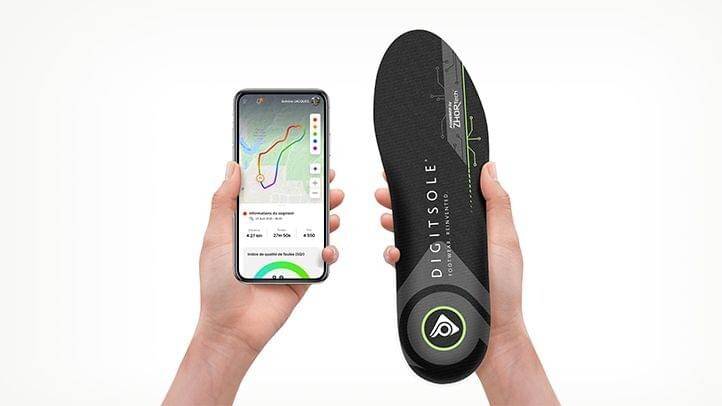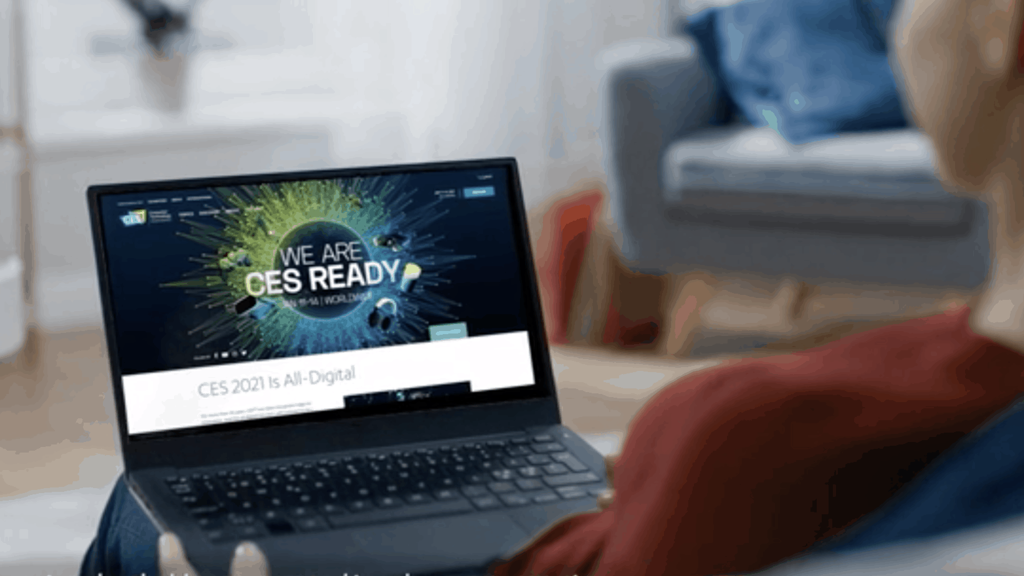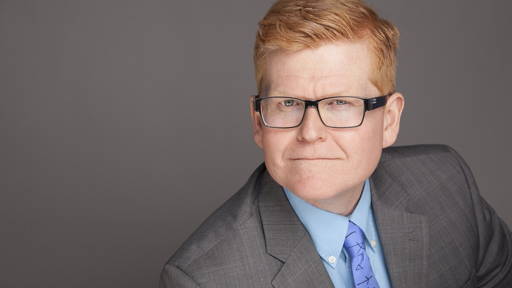Remote heart monitoring
The COVID-19 pandemic is driving demand for remote health monitoring devices. HD Medical has unveiled HealthyU, a small device for systematic telemonitoring of the heart's health. It includes a seven-channel ECG, temperature sensor, pulse oximeter, microphones for recording heart and lung sounds, heart rate monitor and blood pressure trend sensor (no sleeve required). Simply hold the device against your chest and rest your thumb and index fingers on the front sensors to measure your heart's electrical activity and other vital signs. The results can be sent to your healthcare provider.
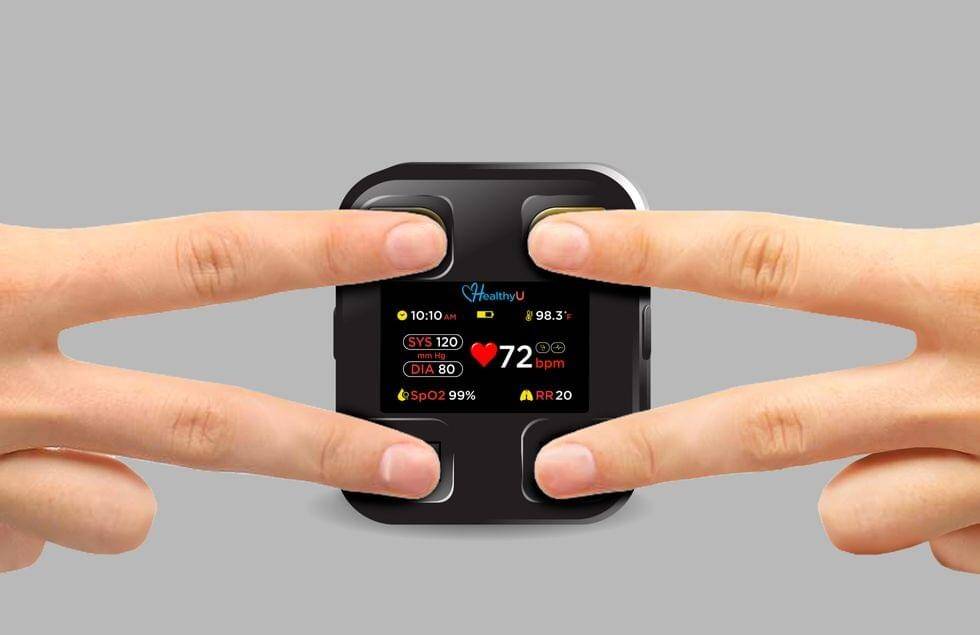
Drug-free relief to treat seasonal allergy symptoms
Fluo Labs has developed a device that inhibits the release of histamines when pollen, dust or other allergens enter the body. Flō resembles an inhaler, but the principle is innovative. The handheld device is inserted into the nostril for 10 seconds, and then the procedure is repeated in the other nostril. Flō uses red and NIR (near infrared) light of a precisely selected wavelength, amount, power and pulse structure to prevent the further release of histamines and reduce inflammation. The effectiveness has been proven by years of research and no side effects have been detected. The product is currently going through the FDA approval process. Sales are planned for late 2021 (at price of approximately $100).
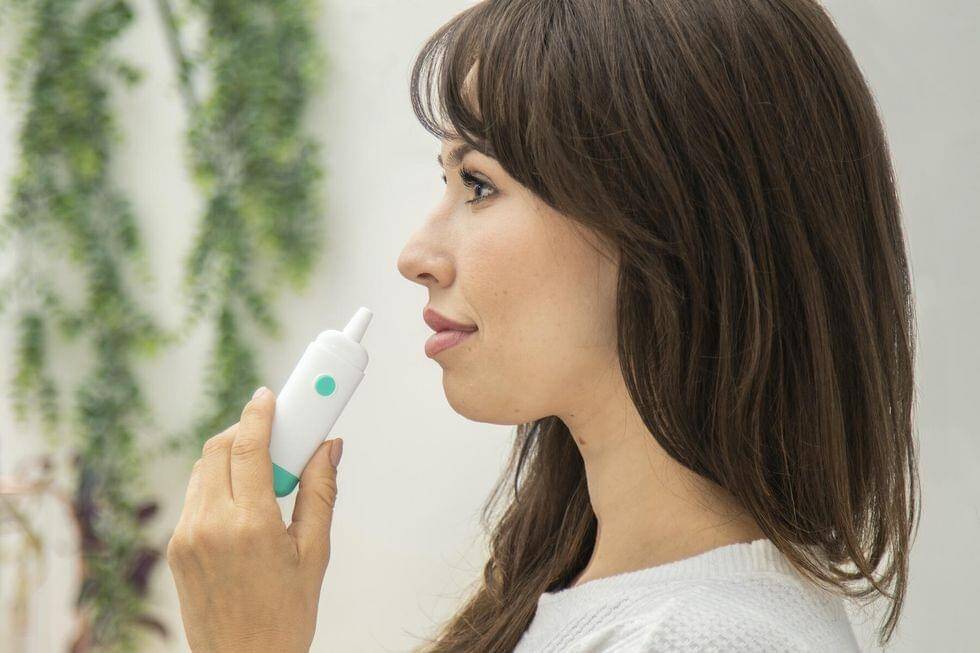
Toilet of the future
Smart toilets filled with sensors and analyzing our health parameters are the future of early prevention. This is the belief of a Japanese company, Toto, whose toilet bowl can 'scan' the body and measure 'key output data' every time someone sits on it. Toto analyses the urine and faeces, suggesting dietary changes via a mobile app. It is just a prototype for now – the manufacturer promises to place the invention on the market in the coming years. Although there are a number of other methods for measuring health parameters, Toto is convinced that toilets are the future of prevention. After all, we use them every day.
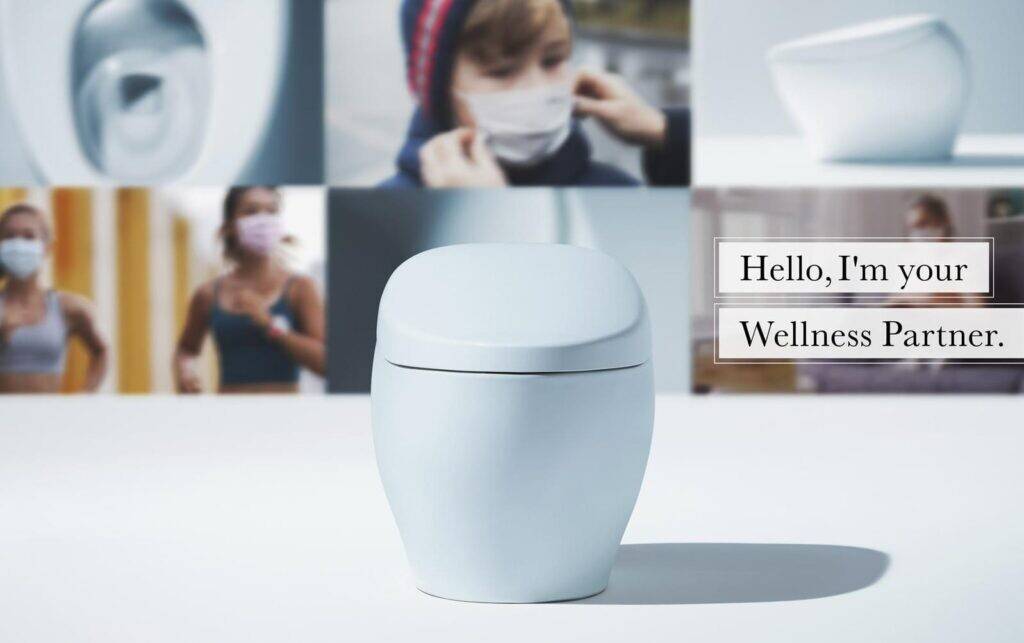
Epilepsy mobile app for seizure tracking
The Epsy app for people with epilepsy makes it easy to record seizures and their intensity, medication taken, side effects and other relevant information. The user can also note their data on diet, sleep, mood, caffeine intake, stress levels, weather and menstruation. Based on this, Epsy shows trends and reports to help the user better understand their condition and how lifestyle affects the intensity and frequency of epileptic seizures. The data collected can be shared with a doctor. The Epsy app is free and available for iOS and Android.
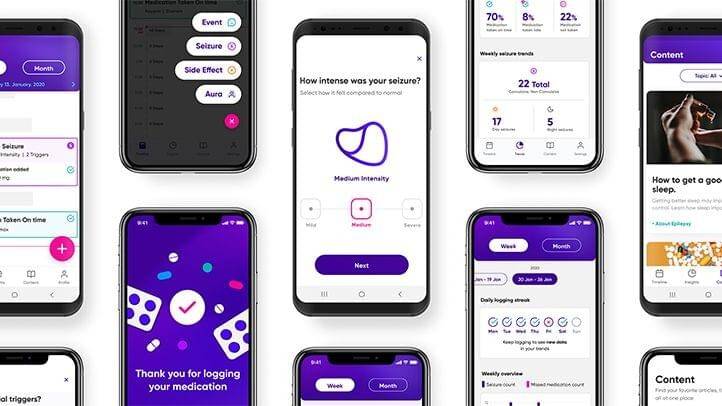
Precision brushing for your teeth
Philips has been consistently developing a line of health and well-being monitoring products. One of this year's innovations is the Sonicare Prestige 9900 toothbrush, which features sensors that measure the amount of pressure during brushing, the movements the toothbrush makes and how well it reaches the different parts of the mouth. The data collected is used to educate you on how to brush your teeth properly. If the device detects too much pressure by the shaft on the teeth, it automatically adjusts the vibration intensity. This is complemented by a mobile app that collects data and provides guidance. The Sonicare Prestige 9900 will be available for purchase in April 2021.
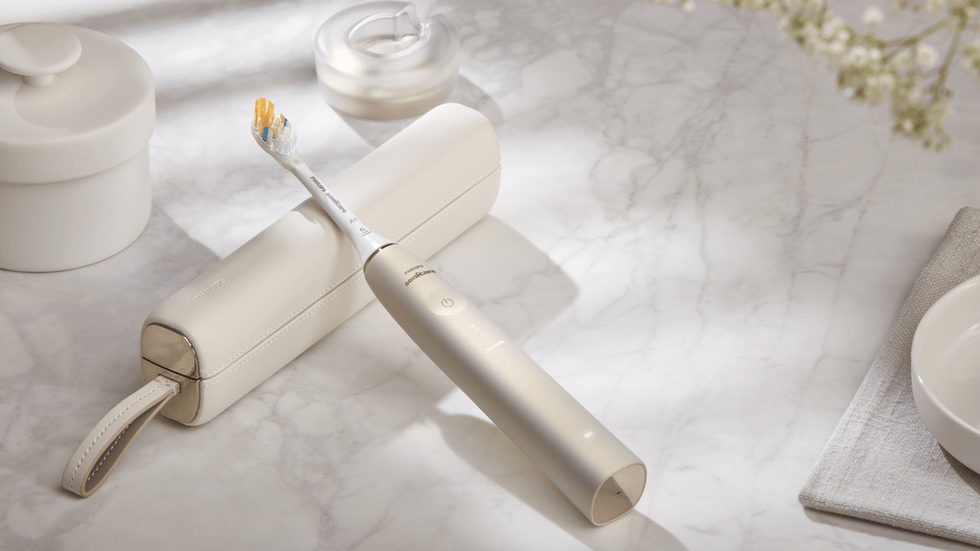
Helmet for dementia diagnosis
One of the frequently used methods for diagnosing neurological disorders, such as epilepsy or Alzheimer's disease, is the Electroencephalogram test. An EEG test detects the electrical activity of specific areas of the brain and is performed in a doctor's office or hospital. iSyncWave has built a special helmet for monitoring brain function at home. With its help, it will be possible to detect early signs of Alzheimer's disease. The device can be used for detecting dementia, Parkinson's disease, PTSD, ADHD, depression and other neurological problems. . It also has a built-in LED light therapy system. The innovation is still in the development phase.
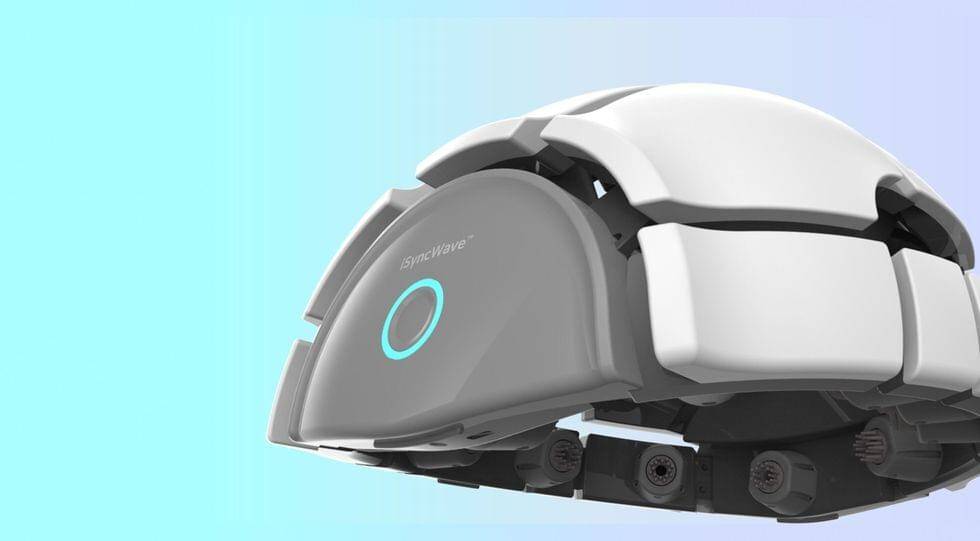
A lamp that watches over your grandparents
At first glance, Nobi looks like a modern, stylish lamp, but inside it contains sensors to monitor your position and detect falls. When the device registers sudden changes in your position, it will ask if you need help. If you do not answer, then it sends an alert to selected family members or carers. The Apple Watch, for example, also has a fall detection function. However, the developers are betting on discretion in its use in care homes and 24-hour monitoring. Nobi has many other functions: automatically turning on the lights when a person gets out of bed at night, unlocking the door when an ambulance is called, illustrating the place of the fall and the position of the person lying down (for privacy, however, Nobi does not have a camera).
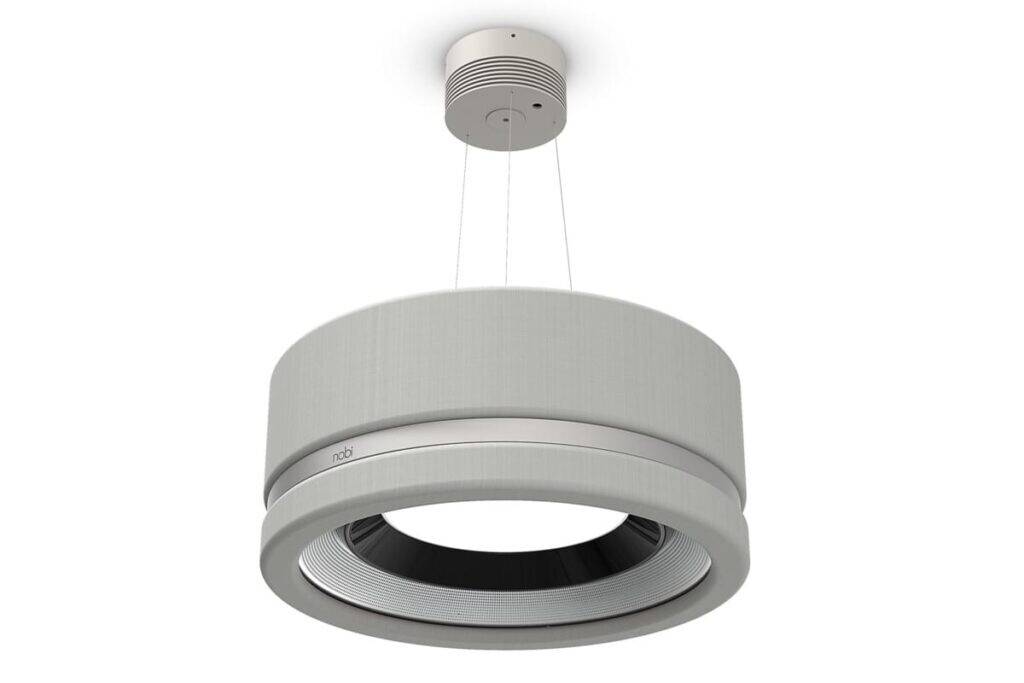
Data from the foot
Almost every smartphone can measure the number of steps. But Digitsole smart insoles go a step further by tracking walking speed, calories burned, stride length, force of the foot hitting the ground, and foot position patterns while running or walking. They are especially useful for people who run. Guidance based on measurements helps to correct movements and prevent injuries. The insole can be cut to fit your shoes. The built-in battery lasts about 40 days, and they are waterproof. All measurements are transmitted to a mobile app, and the insole collects data even when you leave your mobile phone at home. One pair of insoles will cost €99.
